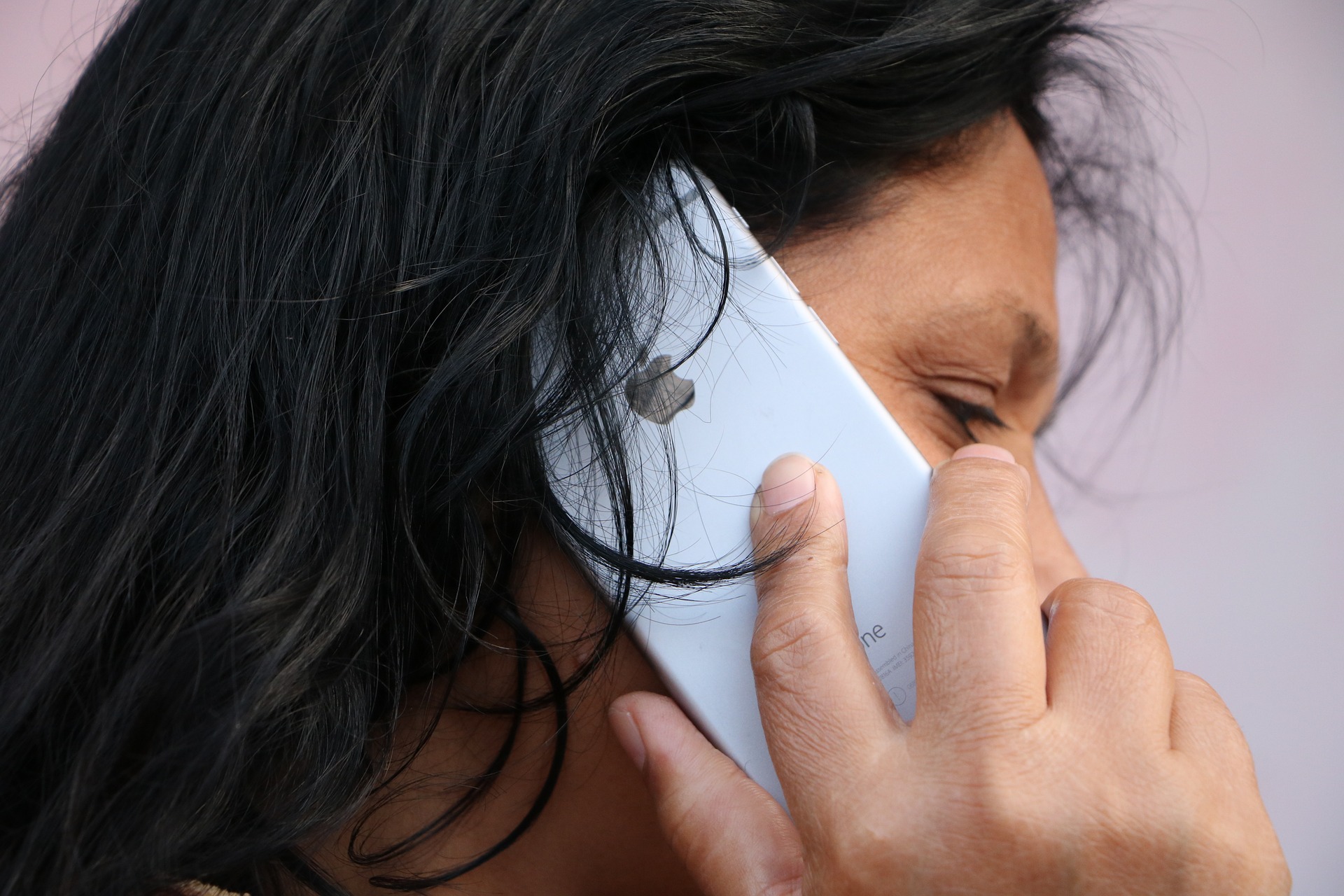Get Help With Alcohol Addiction
- Find meetings near you
- Discover online or in person meetings
- Get 24 hour information on addiction
Drinking alcohol in moderation can be fun and relaxing, and may offer positive health benefits, according to some studies. But if you drink in excess on a daily basis, or notice that drinking is having a negative impact on your life, it’s possible you may be struggling with addiction. Knowing more about signs of alcohol abuse and addiction can help you determine whether you need to get help and call an Alcoholics Anonymous hotline.
If you or someone you love is suffering from addiction, understand that help is just one phone call away. Call our 24/7 confidential helpline at
800-948-8417
Sponsored
to speak with an addiction counselor about your options for nearby AA meetings and alcohol rehab centers.
Here are eight signs you might have a drinking problem, and that it’s time to get help from AA.
1. You Hide or Lie About Drinking Alcohol
Hiding your drinking habits or lying about how frequently and how much you drink are signs you might be addicted. You may do these things as a result of being in denial, or to make your drinking problem appear less serious.
2. You Drink Alcohol to Treat Symptoms

If alcohol is negatively affecting your life, call an AA hotline today!
Many people turn to drinking as a way to self-medicate and mask feelings such as loneliness, stress, and depression. You may need help if you’re drinking regularly to treat symptoms such as these, or to make yourself feel better physically and/or emotionally.
3. You Cannot Limit Yourself
Addicts are often unable to limit the amount they drink, or break commitments to sticking to one or two drinks. You may be addicted if you rarely or never stick to your limits, or cannot go an entire day without turning to alcohol.
4. You Drink Alcohol When You Shouldn’t
Addicts cannot control their drinking, and consume alcohol even when it’s dangerous or offers negative consequences. For example, you may have a problem if you drink knowing you plan on driving home under the influence, or when your doctor advises against drinking for health reasons.
5. You Have High Tolerance for Alcohol
If you now consume far more alcohol than you used to in order to feel the same effects, your body may have become tolerant due to regular drinking. Addicts often have high alcohol tolerance levels.
6. You Experience Alcohol Withdrawal Symptoms
Do you experience agitation, excess sweating, and the shakes when you stop drinking or don’t have access to alcohol? Your body may be going through withdrawal as a result of not getting the amount of alcohol it’s used to. Other common symptoms of alcohol withdrawal include anxiety, nausea, and vomiting.
7. You Neglect Important Responsibilities
Drinking becomes a problem when you start neglecting important life responsibilities in favor of drinking, trying to obtain alcohol, or recovering from drinking. For instance, you may be addicted if you drink knowing you have an important work presentation early the next morning, or a final exam to take at school.
8. You Have Relationship Problems
Drinking can put strain on relationships with loved ones, especially when drinking causes you to act differently, neglect responsibilities, or hurt others. You may have a problem if alcohol use is directly and/or indirectly interfering with your personal relationships.
Don’t allow drinking to interfere with your wellness and personal livelihood, or that of your loved one. Get help right away by calling our 24/7 confidential helpline at
800-948-8417
Sponsored
or an Alcoholics Anonymous hotline. Our addiction specialists will connect you with AA meetings and alcohol rehab centers devoted to helping you achieve sobriety.